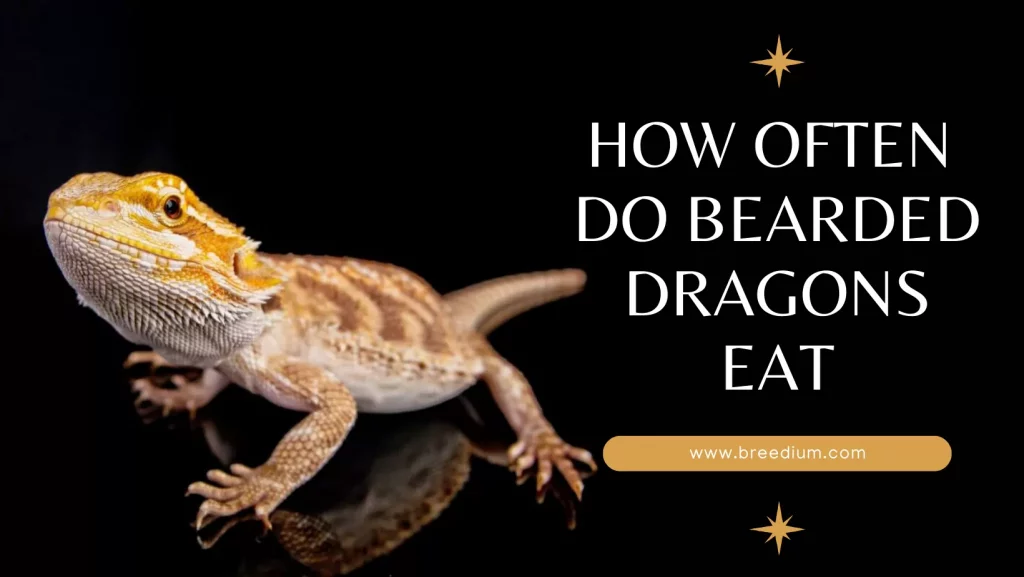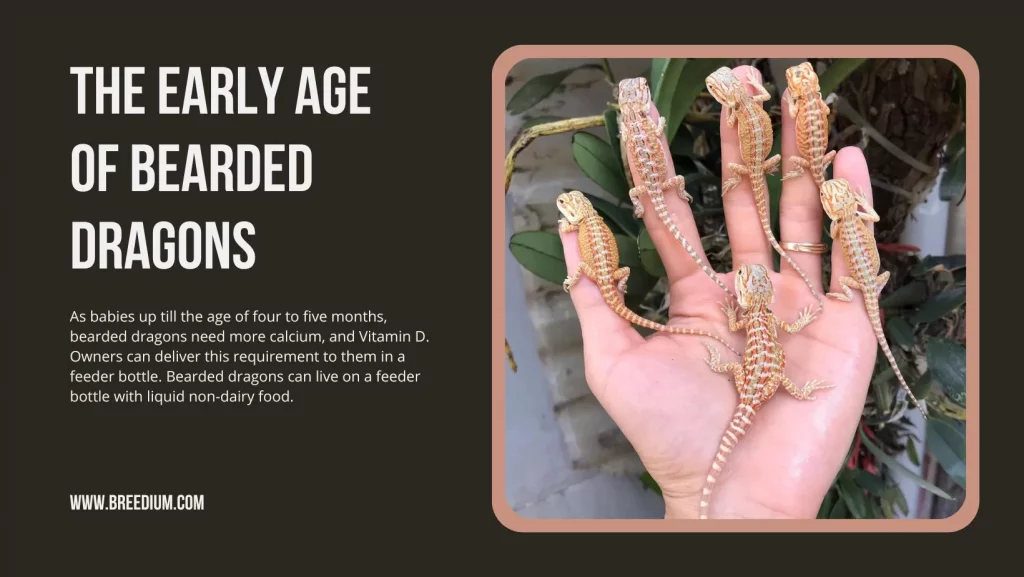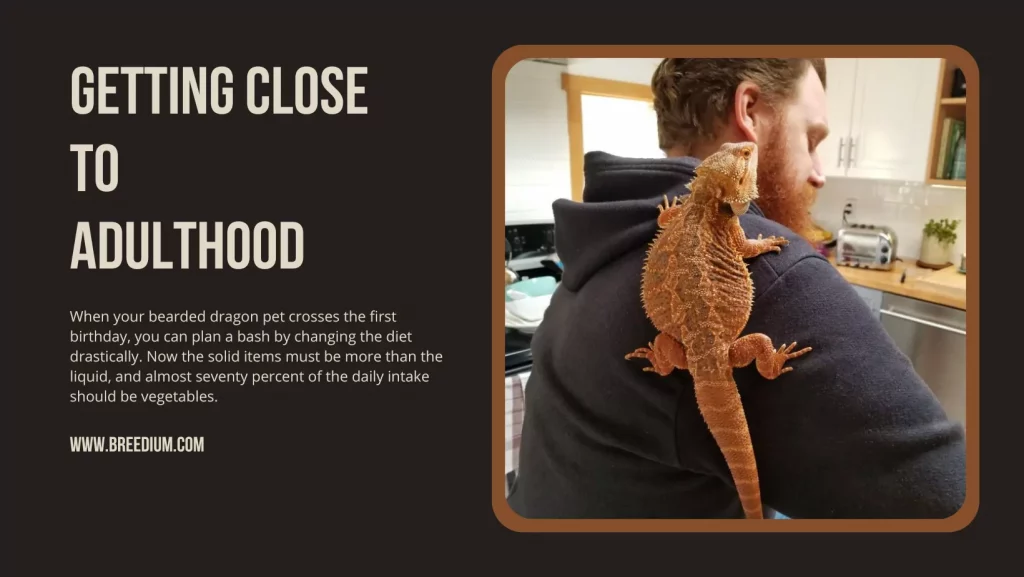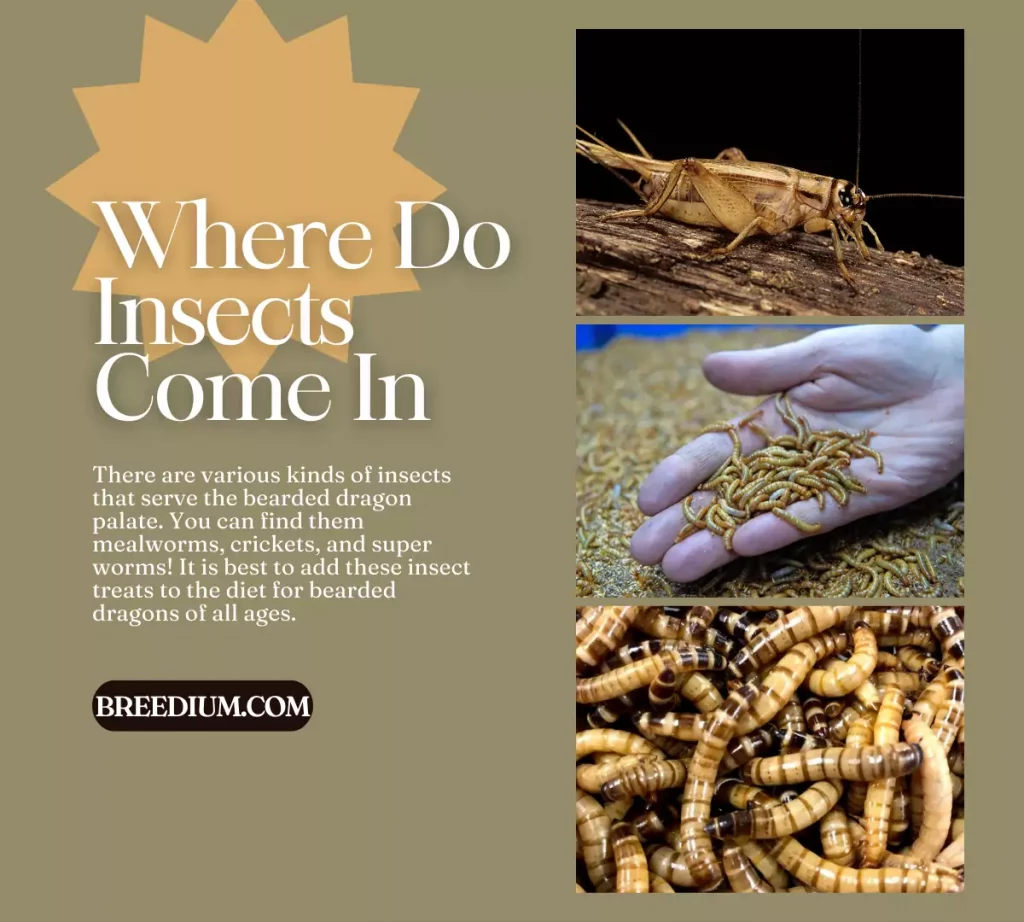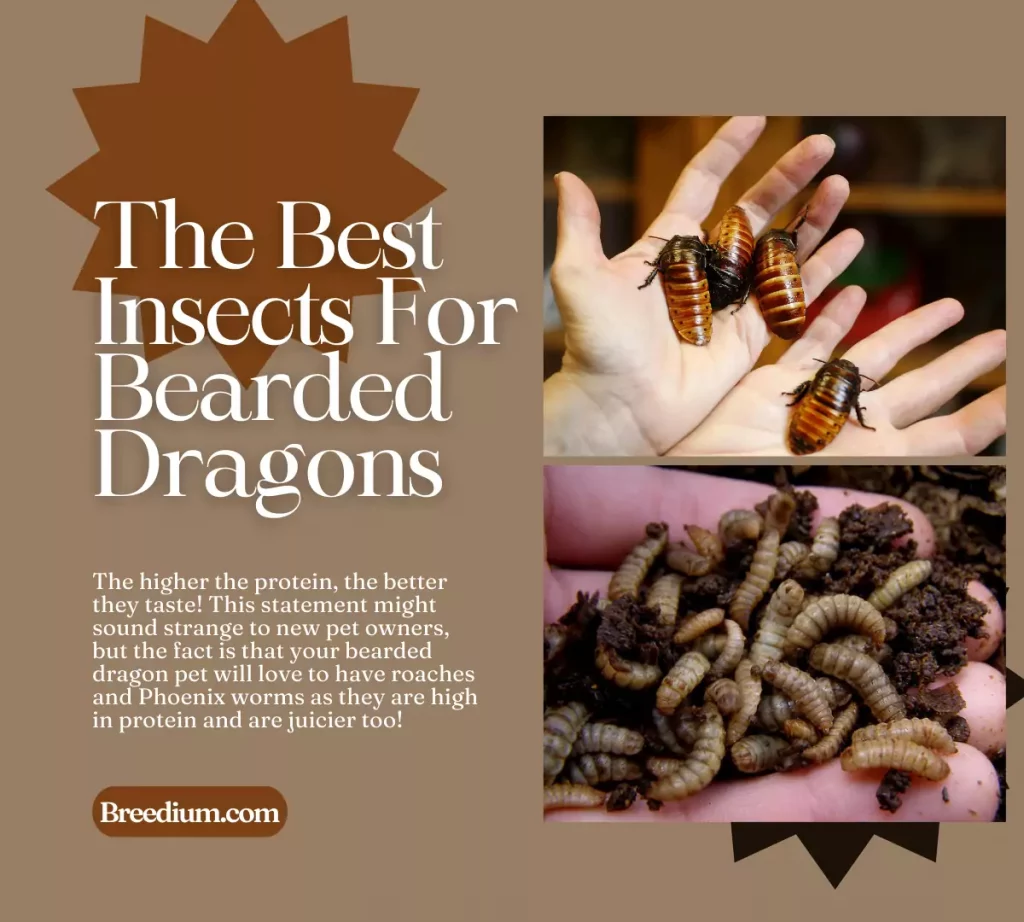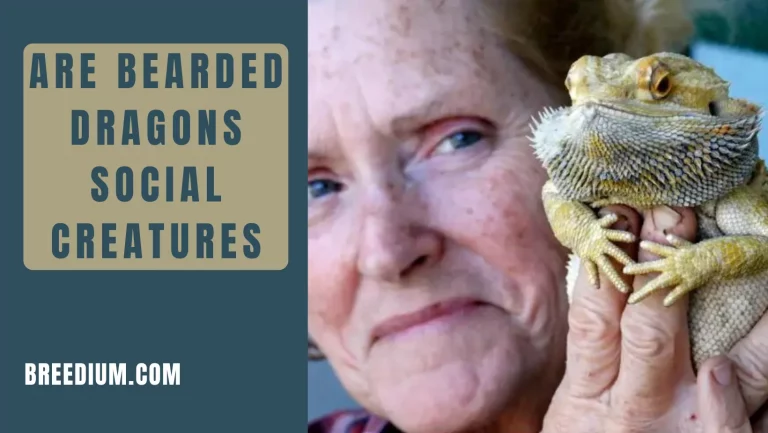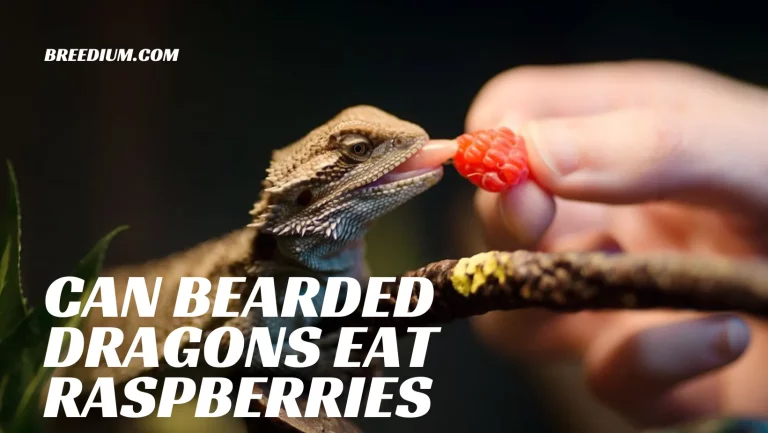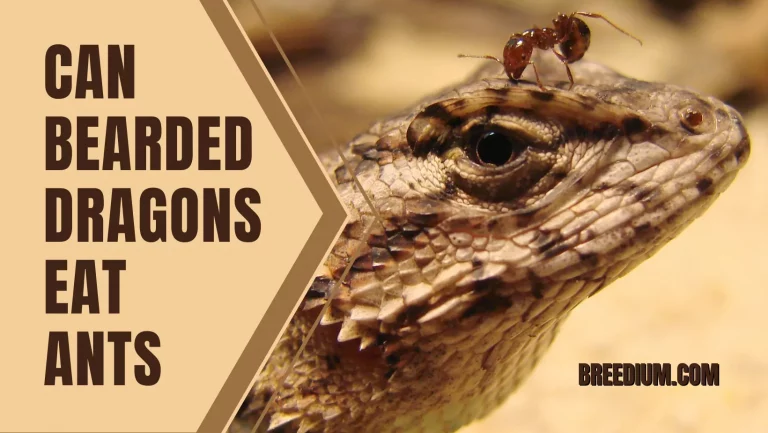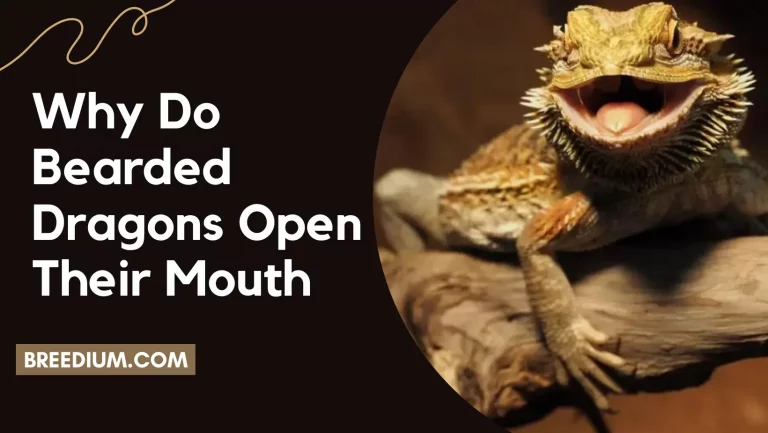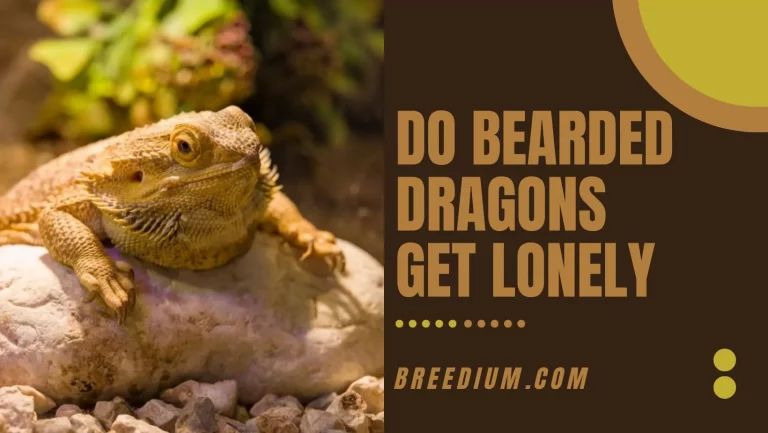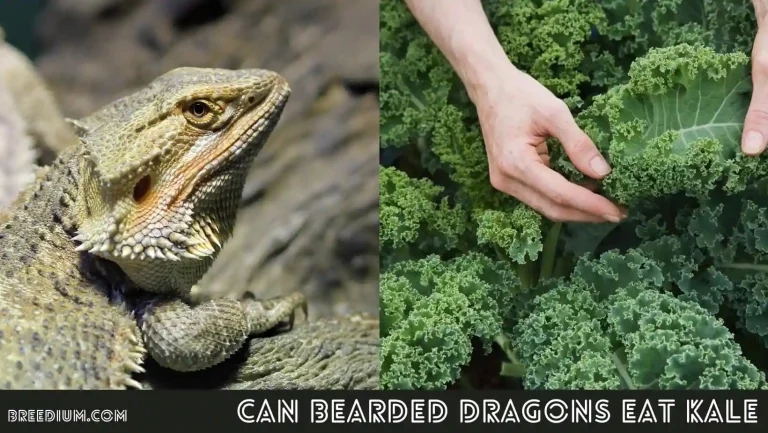How Often Do Bearded Dragons Eat? | Feeding Schedule Explained 2024
Bearded dragons can be a fun pets, and of course, if you are a first-time owner, you wouldn’t want it to get grumpy if it isn’t fed well. One of the most common questions that first-time pet owners ask about bearded dragons is ‘how often do bearded dragons eat?’ The answer is quite simple if you know their needs or requirements.
You will have to understand their diet to ensure that they get what they need, and then, you will have to master the portion, so you don’t overfeed or keep them malnourished! No matter how old your dragon is, you will have to do primary research to understand what you can feed them and what needs to be avoided.
How Much They Eat In An Early Age
As babies up till the age of four to five months, bearded dragons need more calcium, and Vitamin D. Owners can deliver this requirement to them in a feeder bottle. Just like puppies, hamsters, and kittens start their diets with milk and liquids enriched with vitamins. Bearded dragons can live on a feeder bottle with liquid non-dairy food.
The feeds for these babies should be only four to five times a day, as this habit can make them more active as they grow. Bearded dragons and other reptiles do not eat multiple times a day like mammals. These bearded babies will feel awake, energetic, and healthy when fed only more during their early months.
Eighty percent of the bearded dragon’s diet requirements are fulfilled with the feeder, and the rest of their daily portion is vegetables as nibbles. You will find it adorable when they begin sucking on a carrot but sleep while doing so as if they got tired!
Juvenile Bearded Dragon Feed Requirements
As your bearded dragon grows to over four months, you can feed them the liquid diet almost three times a day. We say almost because you need to add some solid veggies to the diet now. Bearded dragons have a slow metabolism, so it is best to divide the three feeding times evenly over 24 hours and make sure they are taking enough solids now. Maybe you can keep one meal for vegetables, while the other two feeds can be liquid enriched with calcium and vitamins.
You can introduce more vegetables to your reptilian friend, and they will love bell peppers, okra, spaghetti squash, and pumpkins too! We tried to feed a bearded dragon some avocado, but the pet shop insisted that they could not have avocado due to the fat content, which the slow metabolism does not support!
When They Are Getting Close To Adulthood
When your bearded dragon pet crosses the first birthday, you can plan a bash by changing the diet drastically. Now the solid items must be more than the liquid, and almost seventy percent of the daily intake should be vegetables. Only thirty percent should be enriched in calcium and vitamin supplement.
At this stage, when people ask how often bearded dragons eat, you can be sure that they should not eat more than twice. Whether it is winter or summer, your pet will not need more than two meals a day. You can incorporate the liquid with the solid meals, as the dragon will not be consuming a considerable amount of it at this age. Up till eighteen months, the bearded dragons remain sub-adults and will be able to take only two meals!
Where Do Insects Come In
There are various kinds of insects that serve the bearded dragon palate. You can find them mealworms, crickets, and super worms! It is best to add these insect treats to the diet of bearded dragons of all ages. Whether you have a baby dragon or your pet is an adult now, the insect feed should be consistent. Babies need more insects per day as their protein requirement is more.
However, if you have a baby dragon, the condition can be as high as fifty crickets a day! Like all other infant animals, bearded dragons need higher protein to grow. Many owners insist that they must feed the baby bearded dragon on demand, and there are no limits of three times a day. However, by nature, these tiny reptilians require lesser feed to train them for adulthood and to keep their metabolism in check. As the owner, you know your pet best, but some animals have special requirements, and the habit of hibernation restricts them from eating less.
You must wonder why there isn’t any suggestion to feed the bearded dragons some insects in adulthood. The truth is that even if you don’t provide them, your pet friends will go looking for them on their own! Insects are not just a fun item, as these little pests are the source of 20% of the protein requirement of your bearded dragon friend. However, if they do not find any insects and you feel it is essential for you to deliver this essential, you can ensure they eat between ten and twenty crickets per day. In adult bearded dragons, you can miss the meal of the day, but it is best if they get their insect feed every day!
Past the age of eighteen months, bearded dragons are adults with sexual maturity, and this requires their diet to have enough protein, which is met by the salads you serve them and the insects they eat! It is essential to mention again that bearded dragons can go without food for a day or two, but you must feed pets at least once a day. Your pet friend will be fishing for insects, but if there are none in the house, then you will have to provide the bare minimum for them to survive and thrive.
How Long Can They Go Without Food
Your pet’s current health will have to be considered for the correct answer. If your bearded friend is doing well and eats their meal every day, a day or two, or even three days without food, it will not harm him. However, to avoid any deterioration of health, you must try and keep them full every day. Adult bearded dragons have low consumption, and a piece of carrot, celery, or a slice of pumpkin will be more than enough for them. You must ensure that their daily insect intake is met so that they do not get irritable and do not go fishing behind plant pots or in muddy areas.
How Much Is Too Much
Bearded dragons can easily be overfed. These pets can become overweight if you serve them a hearty meal every day or the insect intake exceeds the amounts we mentioned here. Obesity can become a problem for adult dragons as their daily movement, and slow metabolism are not at their highest. If you feed your pet more protein (insects) and fewer vegetables, obesity is bound to seep in! Avoid these circumstances by maintaining a balanced diet, and you will see your bearded dragon pet thrive and live a healthier life. Moreover, you can also check out How Much Should I Feed My Bearded Dragon For Proper Growth And Health.
Essential Daily Food Item
Greens! No other food type will keep your friend healthier than vegetables. Owners can fulfill the fiber, protein, and vitamin requirements for adult bearded dragons with veggies in their daily diets. However, it is reptilian instinct to stretch out their tongue and catch an insect, so you must also feed them their everyday insects!
The Best Insects
The higher the protein, the better they taste! This statement might sound strange to new pet owners, but the fact is that your bearded dragon pet will love to have roaches and Phoenix worms as they are high in protein and juicier too. The calcium and protein content in these insects is higher, and therefore, you might find them more expensive if you are buying them from a store.
The smell of Phoenix worms allures bearded dragons, yes! We know it’s disgusting, but then we are humans, and the pet is a dragon! If you have to check your budget, crickets will be much more favorable. However, there is no harm in them, but the calcium and protein content is less.
Babies And Expecting Moms Are Special
When your bearded dragon female is pregnant, the daily requirements may change. You may have to increase the calcium, protein, and vitamins, which call for a more considerable portion. You may want to keep the one meal-a-day policy under these circumstances, but improve the portion size as the daily requirements for all expecting mothers are more!
Similarly, baby bearded dragons are more in need of protein than adults, so you will have to feed them more roaches and worms. Vegetables that have higher calcium and vitamins like carrots, pumpkin, and kale are good choices for pregnant females and babies.
Which Vegetables Are Suitable
The following vegetables are excellent choices for your bearded pet:
- Kale
- Turnips
- Butternut squash
- Spaghetti squash
- Parsnips
- Okra
- Pumpkin
- Mustard, or collard greens
- Cucumbers
Some of these vegetables have higher vitamins and calcium, but your dragon pet will love all of them!
Which Foods Should I Avoid
When you have figured out how often bearded dragons eat, you will worry about the harmful or avoided foods. The best foods for dragons have been mentioned above. However, it would help if you steered clear from:
- Meat
- Avocado
- Dairy
- Wild insects that can be poisonous
- Onion
- Lettuce
Conclusion
We have discussed the food routine for bearded dragons at various ages till maturity. When your dragon is a baby, it will need higher protein and calcium and will be able to take it in liquid form. The number of meals per day has to be three at this stage. As they grow, the solid food requirement will increase, and you can add vegetables to the liquid. Sub-adults and adults will need more solid diets, to be taken only once a day. Follow the lists of allowed foods so that you see your bearded dragon grow into a thriving and happy reptilian. Also, find out What Bearded Dragons Eat In The Wild.
Frequently Asked Questions
Many pet owners have individual questions that they feel are not answered, but some questions are such that all of us find their solutions informative! Here are a few questions we all asked at some point!
Will bearded dragons need any store-bought supplements?
Bearded dragons and all other reptilian pets are pretty low-maintenance. This means that they do not require any health care if you are meeting their daily nutrition requirements. The first four months are crucial as you need to provide them with a liquid feed of vitamins and calcium in a non-dairy base. You might need this feed from one of the pet shops near you, but as the pet grows older, it can survive on vegetables and insects.
Is it safe to feed insects to bearded dragons?
Yes, of course, dragons are reptiles and they need to eat insects for nutrition. Furthermore, it is their instinct to find insects and eat them. Do not deprive your bearded dragon by keeping them away from insects. These small flies, crickets, and roaches may be pests for us, but the bearded dragons require protein from them.
Why can’t I give my bearded dragon meat?
Bearded dragons cannot digest meat well and need small fibrous and protein-rich meals. These animals can go without food for a few days, but for their health and well-being, a daily meal is necessary. However, avoid meats as the dragons cannot digest them at all.

Emma is a pet enthusiast, and her way with words makes her an expressive writer. Her interests lie in healthcare and planning nutrition for various pets. She has two girls, and she’s passing her passion to them through occasional volunteer projects in the small neighborhood zoo. Emma joined our team as an enthusiast and has added more years to her experience by researching more about various creatures!

